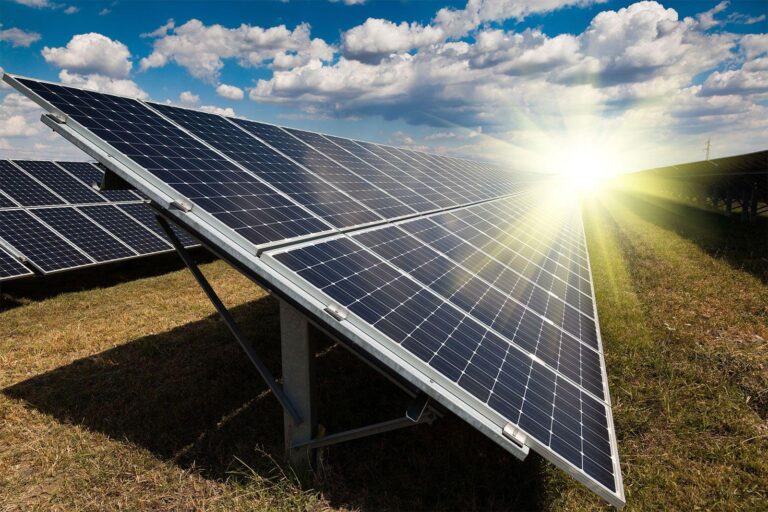Introduction to Solar Energy and Education in Burkina Faso
The struggle for educational access in Burkina Faso is a pressing issue affecting countless children. This West African nation faces significant challenges in providing quality education to its youth. Solar energy presents a sustainable solution that can transform the educational landscape. By harnessing the power of the sun, communities can illuminate schools, making learning more accessible for all.
The Impact of Energy Access on Education
Access to reliable energy is crucial for effective learning environments. In Burkina Faso, many schools lack electricity, which hampers educators’ ability to teach efficiently. Solar energy can bridge this gap by powering classrooms, enabling better resources, and extending learning hours. Students can benefit from evening study sessions and digital learning tools, which were previously unimaginable.
Benefits of Solar Power in Educational Settings
Implementing solar energy in schools offers numerous advantages. Solar power is sustainable and reduces reliance on costly fuel sources. This transition not only cuts expenses but also minimizes environmental impact. Moreover, solar installations create local job opportunities in maintenance and operation, contributing to the overall economy.
Case Studies: Successful Implementations
Several initiatives have effectively integrated solar energy into educational facilities. Organizations like the Borgen Project are leading efforts to bring solar power to schools in Burkina Faso. These projects showcase how solar installations can revitalize educational infrastructures. Access to consistent power has led to improved student attendance and enhanced learning outcomes.
Challenges and Considerations
Despite the promising benefits, there are challenges to implementing solar energy in education. Funding and maintenance remain critical issues for many communities. While the initial costs of solar installations may be high, ongoing support can alleviate financial burdens. Community involvement and training can ensure sustainability and longevity for these solar projects.
The Way Forward
As Burkina Faso continues to strive for improved education, solar energy can be a game changer. Investing in renewable energy for schools is a vital step toward equitable education. Collaborative efforts among government, NGOs, and local communities can enhance educational access through solar innovations. By pursuing these initiatives, we can empower the next generation and foster a brighter future.
To learn more about the transformative impact of education in Burkina Faso, visit the Borgen Project’s dedicated page on this topic.

